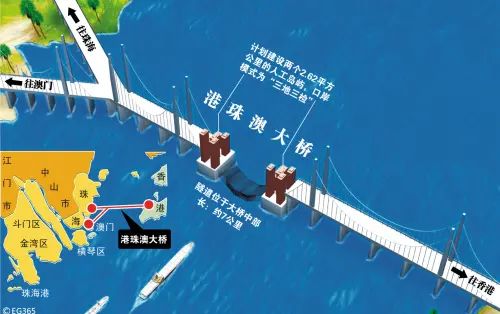A fresh spat broke out at the top levels of the Trump administration on Tuesday over promised sanctions on Russia due to its links to Syrian President Bashar al-Assad.
Nikki Haley, US ambassador to the United Nations, revealed on Sunday talk shows that new measures against Russian companies with links to the alleged Syrian chemical weapons program would be announced the following day.
In an interview with CBS' "Face the Nation," Haley said that the sanctions would be announced on Monday by Treasury Secretary Steven Mnuchin. "So you will see that Russian sanctions will be coming down. Secretary Mnuchin will be announcing those on Monday if he hasn't already and they will go directly to any sort of companies that were dealing with equipment related to Assad and chemical weapons use."
However, Monday came and went with no announcement. A senior administration official told Reuters that Trump was unlikely to approve new measures unless Moscow carried out a new cyber attack or some other provocation, and White House press secretary Sarah Sanders said only that the administration was "considering additional sanctions on Russia."
On Tuesday, White House economic advisor Larry Kudlow said Haley may have been confused over the White House's plans, suggesting she may have "got ahead of the curve."
"She's doing a great job, she's a very effective ambassador. There might have been some momentary confusion about that."
White House Chief of Staff John Kelly (C), walks with National Security Advisor John Bolton (L), and Economic Advisor Larry Kudlow on the South Lawn of the White House on April 16, 2018 in Washington, DC. /VCG Photo
Haley later fired back at Kudlow on Fox News: "With all due respect, I don't get confused."
However, two senior White House officials told CNN that Trump had not signed off on new sanctions, and Haley may have misunderstood how firm the plans were after a meeting on Friday.
A possible explanation was offered by an official speaking to the Associated Press, who said that sanctions were initially intended to coincide with the Western airstrikes in Syria on Saturday, but were not prepared in time. The measures were then due to be announced as a retort to Russia's response to the strikes, but Moscow's reaction was limited.
Russia, however, had already responded to Haley's comments, taking them for US policy. "The sanctions drive against Russia is becoming an obsession,” Kremlin spokesman Dmitry Peskov said.
The US imposed new sanctions on seven Russian oligarchs two weeks ago, and last month expelled 60 Russian diplomats following the poisoning of Sergei Skripal – which Moscow denies involvement in – in the UK.
Speaking on Fox News Sunday, Haley conceded that US-Russia relations were "very strained," but said that the US still hoped for a better relationship.
An ABC News/Washington Post poll published on Tuesday suggested that the US public would support tougher sanctions, with 68 percent of respondents backing harsher measures. The issue united declared Republicans and Democrats, with 68 percent and 74 percent respectively approving of fresh penalties.
A smaller majority (52 percent) also backed a Trump-Putin summit at the White House as a way to improve relations. A larger number (56 percent) supported the planned meeting between Trump and Democratic People's Republic of Korea leader Kim Jong Un.
(CGTN)
 简体中文
简体中文

